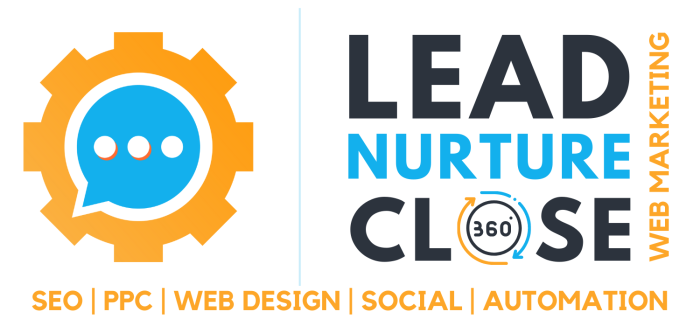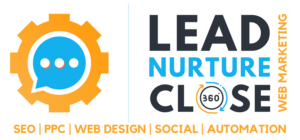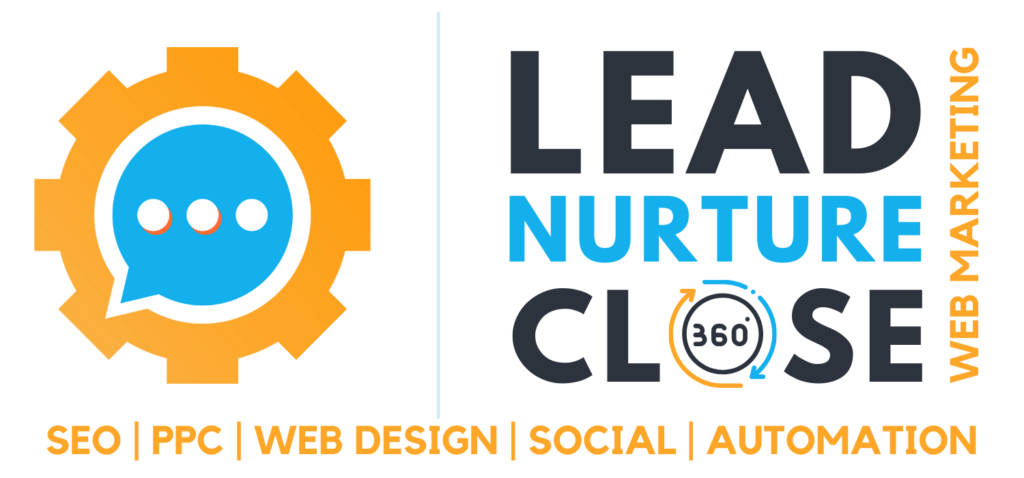In today’s competitive marketplace, small businesses face numerous challenges when it comes to marketing their products and services. With limited resources and budget constraints, it becomes essential for these enterprises to devise smart and cost-effective strategies to maximize their reach and attract customers. In this article, we explore the dynamic world of small business marketing and uncover the secrets behind successful campaigns that drive growth and create lasting connections.
Understanding the Target Audience:
Before embarking on any marketing endeavor, small business owners must gain a deep understanding of their target audience. Who are their customers, and what are their needs? Through market research and customer profiling, entrepreneurs can identify their niche, enabling them to tailor their marketing messages effectively. By understanding the desires, pain points, and demographics of their target customers, businesses can develop strategies that resonate with their audience, ultimately leading to higher conversion rates.
The Power of Digital Marketing:
In an era dominated by technology, small businesses have an opportunity to leverage the power of digital marketing to level the playing field. A strong online presence is crucial for success, and this can be achieved through various channels such as social media, search engine optimization (SEO), and email marketing.
Social media platforms, such as Facebook, Instagram, and Twitter, provide an excellent avenue for engaging with potential customers. By creating engaging content, sharing updates, and fostering conversations, small businesses can build brand awareness and establish themselves as industry leaders. Additionally, paid advertising on social media platforms can be highly targeted, allowing businesses to reach their desired audience with precision.
SEO is another vital aspect of digital marketing that helps businesses improve their visibility on search engines. By optimizing their website with relevant keywords, creating high-quality content, and building backlinks, small businesses can enhance their organic search rankings. Appearing on the first page of search results significantly increases the likelihood of attracting potential customers and boosting website traffic.
Email marketing remains a powerful tool for small businesses to engage and nurture their customer base. By offering valuable content, personalized offers, and exclusive promotions, businesses can build trust and loyalty. Furthermore, email campaigns can be automated, saving time and effort while maintaining a consistent connection with customers.
The Impact of Content Marketing:
Content marketing has emerged as a powerful strategy for small businesses to build brand credibility and establish thought leadership. By creating and sharing valuable content such as blog posts, videos, infographics, and podcasts, businesses can position themselves as experts in their respective fields. This not only attracts customers but also helps establish trust, which is essential for fostering long-term relationships.
Quality content can be repurposed across various platforms, maximizing its reach and impact. By adapting content for different mediums, such as social media, websites, and newsletters, small businesses can amplify their message and engage with a broader audience.
Building Relationships through Community Engagement:
Small businesses often thrive by forging strong connections within their local communities. By actively participating in community events, sponsoring local initiatives, and partnering with neighboring businesses, entrepreneurs can build a sense of trust and loyalty among potential customers.
Engaging with customers on a personal level through feedback mechanisms and social media interactions is also crucial. Responding promptly to customer inquiries, addressing concerns, and valuing feedback not only helps to improve products and services but also strengthens the bond between the business and its customers.
Analyzing and Adapting:
Effective marketing for small businesses requires constant analysis and adaptation. By leveraging data analytics and tracking key performance indicators (KPIs), entrepreneurs can gain valuable insights into the success of their marketing campaigns. This data-driven approach helps identify what strategies are working and what needs to be adjusted, ensuring that limited resources are invested wisely.
In the ever-evolving landscape of small business marketing, the key to success lies in understanding the target audience, harnessing the power of digital platforms, leveraging content marketing, building community relationships, and constantly analyzing and adapting strategies. By employing these tactics, small businesses can effectively compete in the marketplace, expand their customer base, and achieve sustainable growth. Remember, marketing is not just an expense; it is an investment that holds the potential to transform a small business into a thriving enterprise.
In summary, successful small business marketing requires a customer-centric approach, utilizing digital platforms, content marketing, community engagement, and data-driven analysis. By embracing these strategies, entrepreneurs can overcome challenges, reach their target audience, and build strong and lasting relationships with customers, paving the way for growth and success in a competitive marketplace.

















